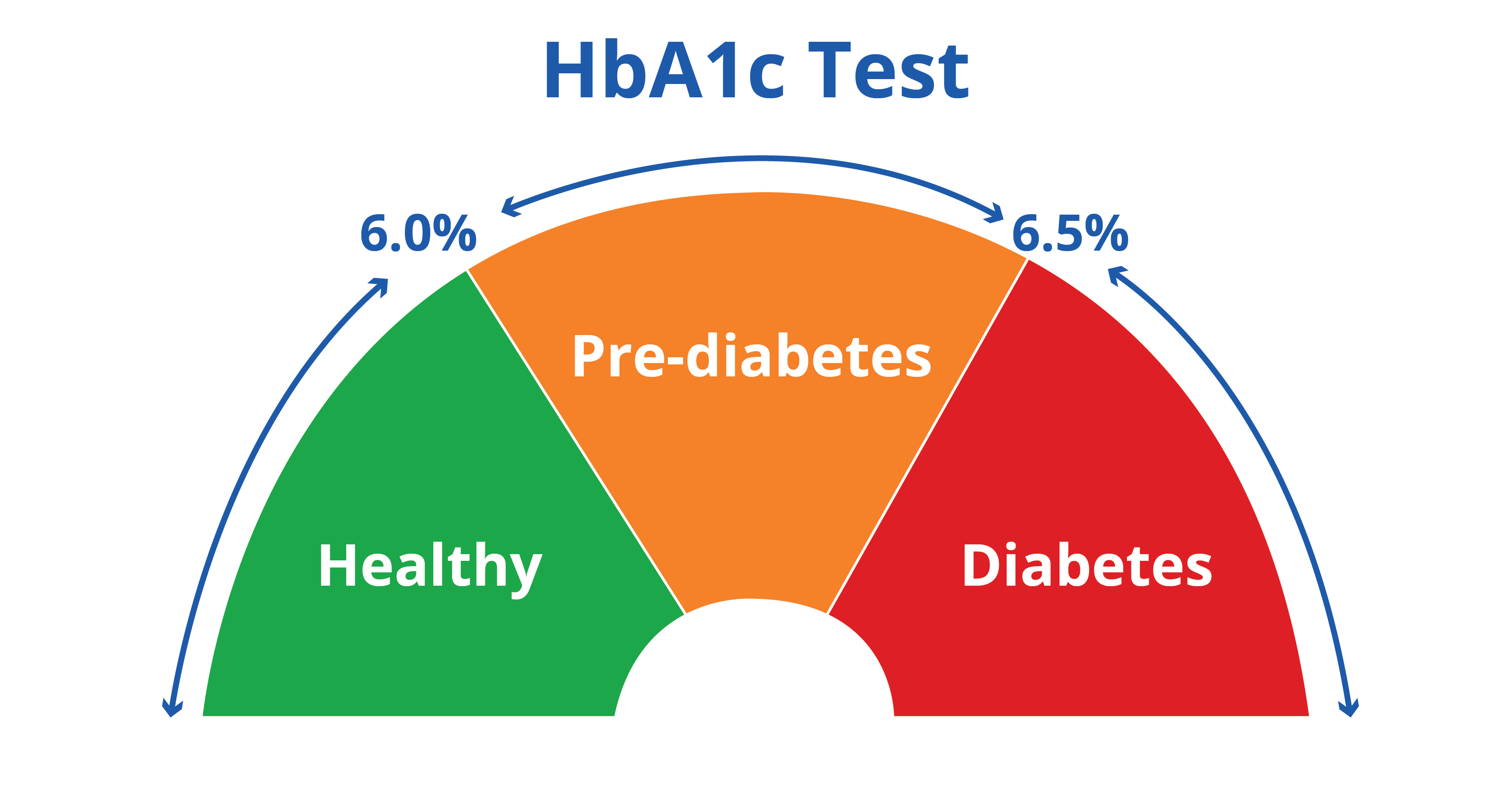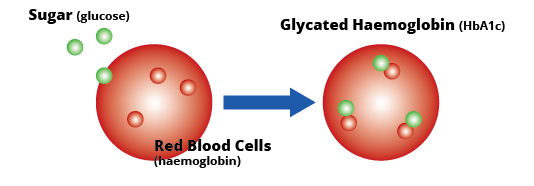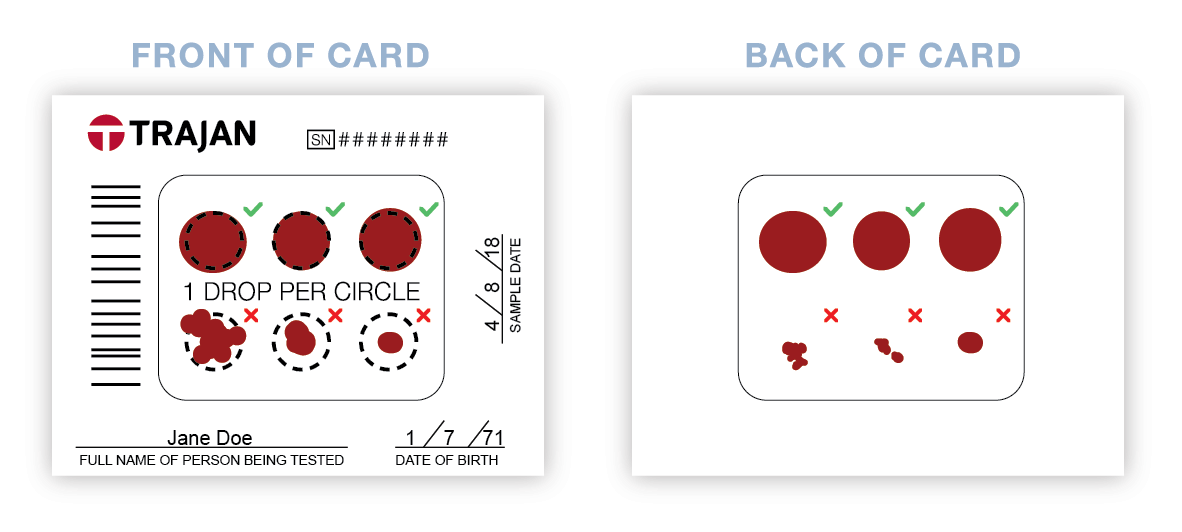HbA1c
HbA1c (Haemaglobin A1c) measures your average blood sugar levels over the past 2-3 months and is a biomarker for diabetes risk. Many cases of type 2 diabetes can be prevented or delayed when detected early so knowing your risk can help you act to modify your diet and lifestyle to improve your health outcomes.

About this biomarker analysis
What will my HbA1c result show?
Your result will indicate if you may be at risk of developing diabetes. It can be used the following ways:
Check your blood sugar levels are within the healthy range – keep track of your blood sugar levels over time and identify quickly if they creep up beyond the healthy range.
Check if you have pre-diabetes – having pre-diabetes puts you at greater risk of developing type 2 diabetes. Often with simple lifestyle changes, your blood sugar levels can return to the normal range.
Identify if you have type 2 diabetes - type 2 diabetes develops over a long period of time (years). Catching it early will help you implement lifestyle and diet changes to reduce your risk of long-term damage to your blood vessels.
The MonitorYou HbA1c results report contains:
- Your result for HbA1c
- An indication if you fall within the normal, pre-diabetes or diabetes range
- Key information to help you understand your result

Keeping your average blood sugar levels in the normal range lowers your risk of damaging blood vessels in your body and developing diabetes, blindness, kidney failure, stroke, heart disease or lower limb amputation.
Note: This HbA1c monitoring service is not to be used in the clinical treatment and diagnosis of diabetes. It is simply a tool to determine how your blood sugar levels are tracking. There are also other limitations and factors like medications and medical conditions that affect HbA1c results – click here for more information. Read and consider all information on this page before making your own decision about whether this HbA1c monitoring service is right for you. If you suspect that you may have diabetes you should seek immediate medical attention.
For clinicians and consumers who want in depth detail about the dried blood spot technology and other clinical and quality aspects of our HbA1c analysis click here
For more information please read our frequently asked questions.
About HbA1c?
Some of the sugar (glucose) in your blood attaches to your red blood cells (haemoglobin) and remains attached for the lifespan of each red blood cell (around 3 months). This is called glycated haemoglobin or HbA1c.
When your blood sugar is high, more glucose attaches to the red blood cells. And when blood sugar is low, less glucose attaches.

HbA1c analysis measures your average blood sugar levels over the last 2-3 months. The higher your average blood sugar level, the higher the HbA1c. Once the level goes higher than the healthy range, you may have pre-diabetes or diabetes. For more information about diabetes click here.
If you are already living with diabetes and your average blood sugar level goes outside the range your doctor has recommended, you may need advice from your healthcare team to get your level back into your target range.
What can affect my HbA1c result
Some factors can affect HbA1c levels or interfere with the HbA1c result.
Incorrect sample collection: using the at-home dried blood spot service is different to taking a fingerprick test with your doctor or taking a daily blood glucose measurement. It’s important to follow the instructions provided inside the blood collection kit and follow them step-by-step. Your results can be affected by incorrectly collecting your sample. And, if the spots are not large enough, you may be asked to repeat the sample collection. You’ll also need to pay close attention to the instructions on returning your sample to us.

For information on medications and medical conditions that may change your HbA1c levels or interfere with your result, please see the Clinical Information section.
Different laboratories: blood results from different laboratories can and do vary. This is because different laboratories may use different methods of analysis. This should be considered if you’re comparing results to those from other labs. For more information please read our frequently asked questions



